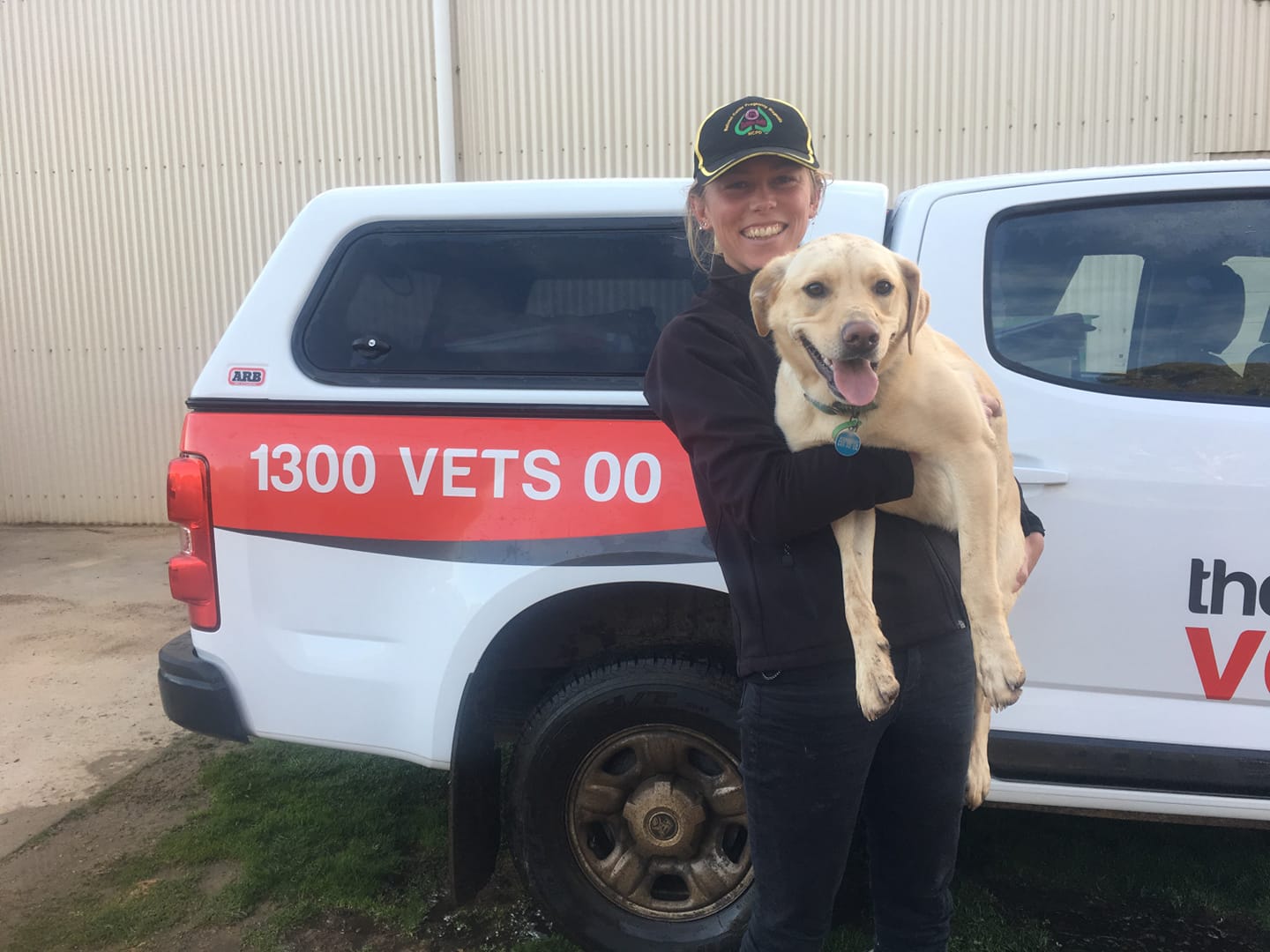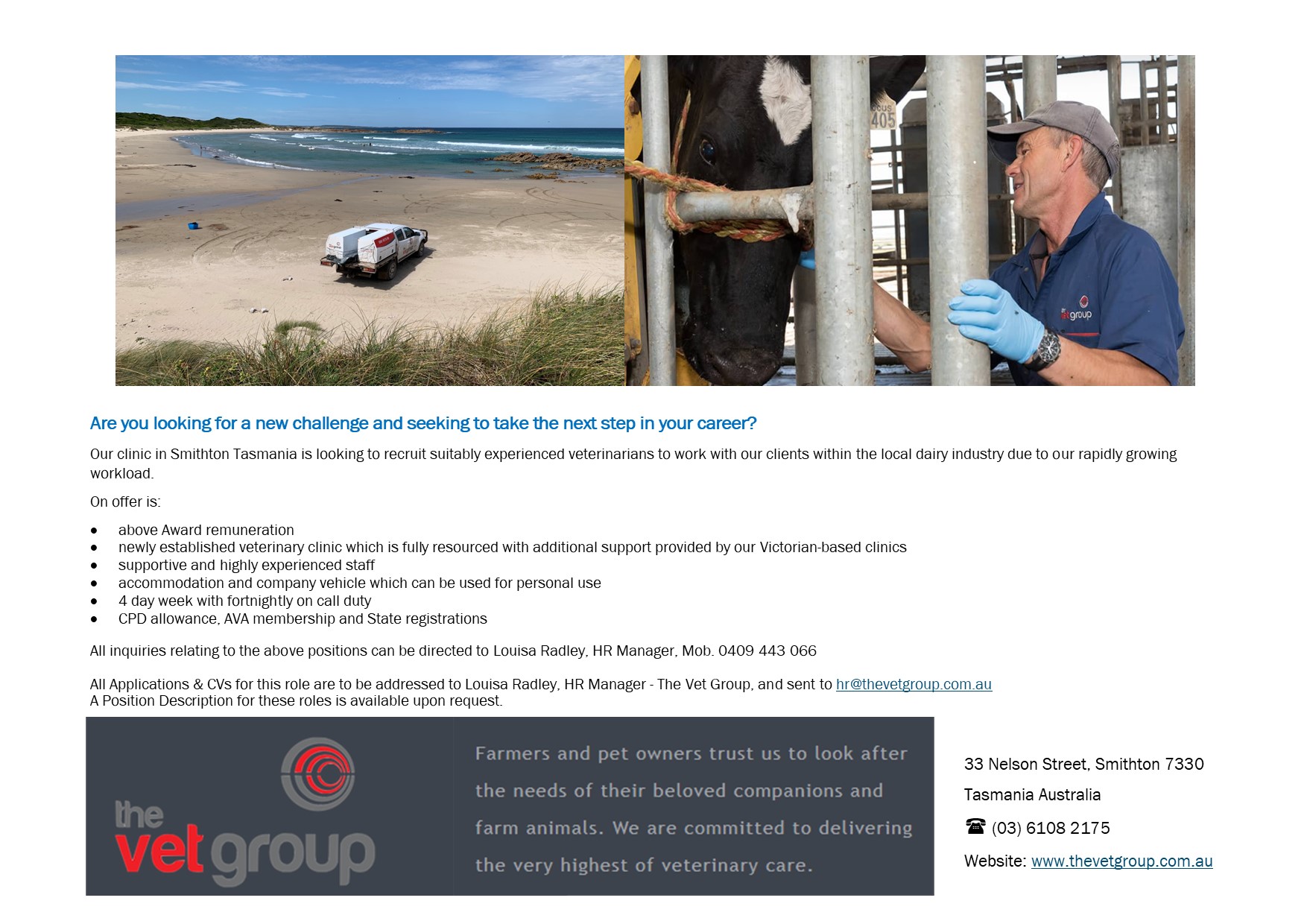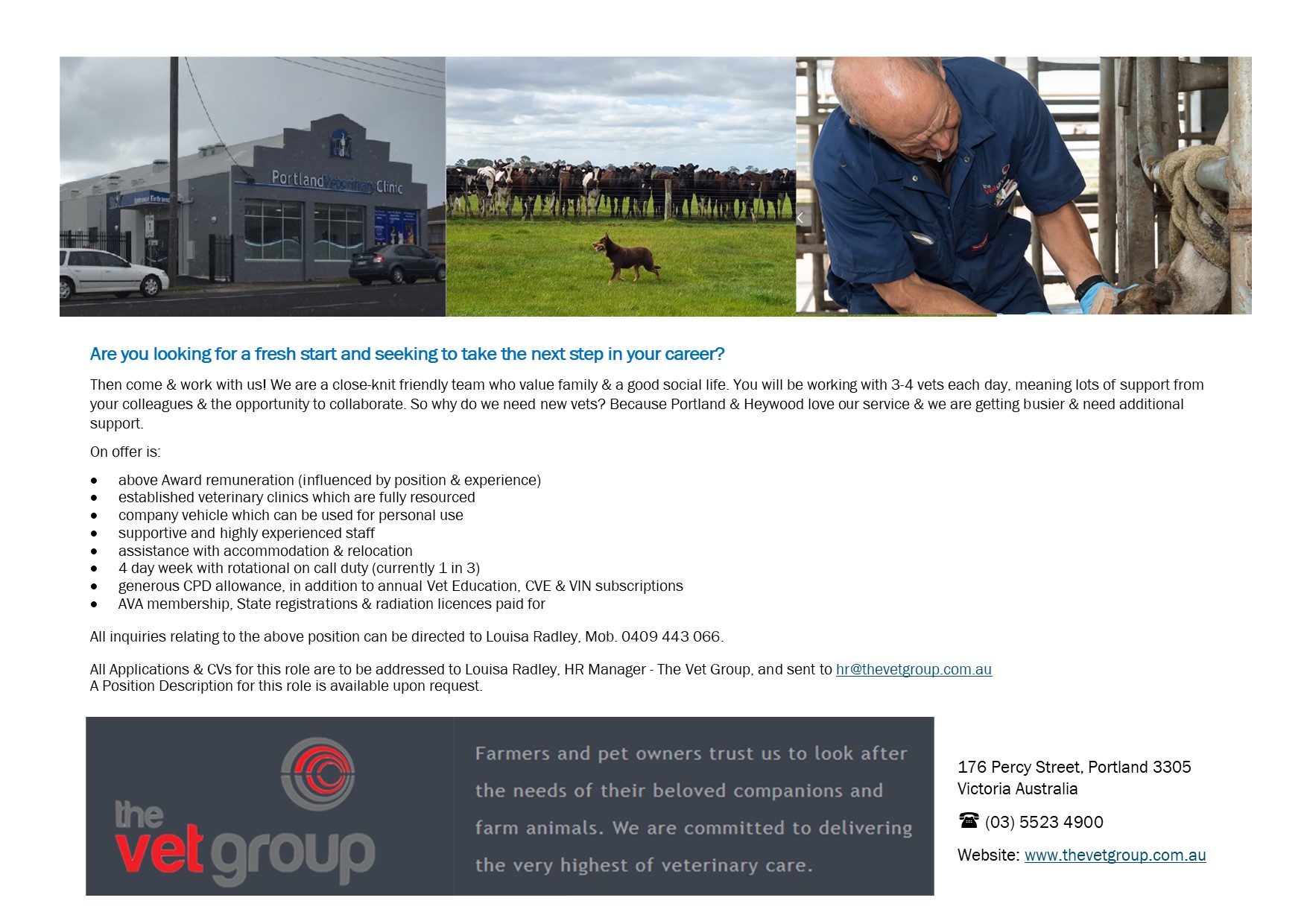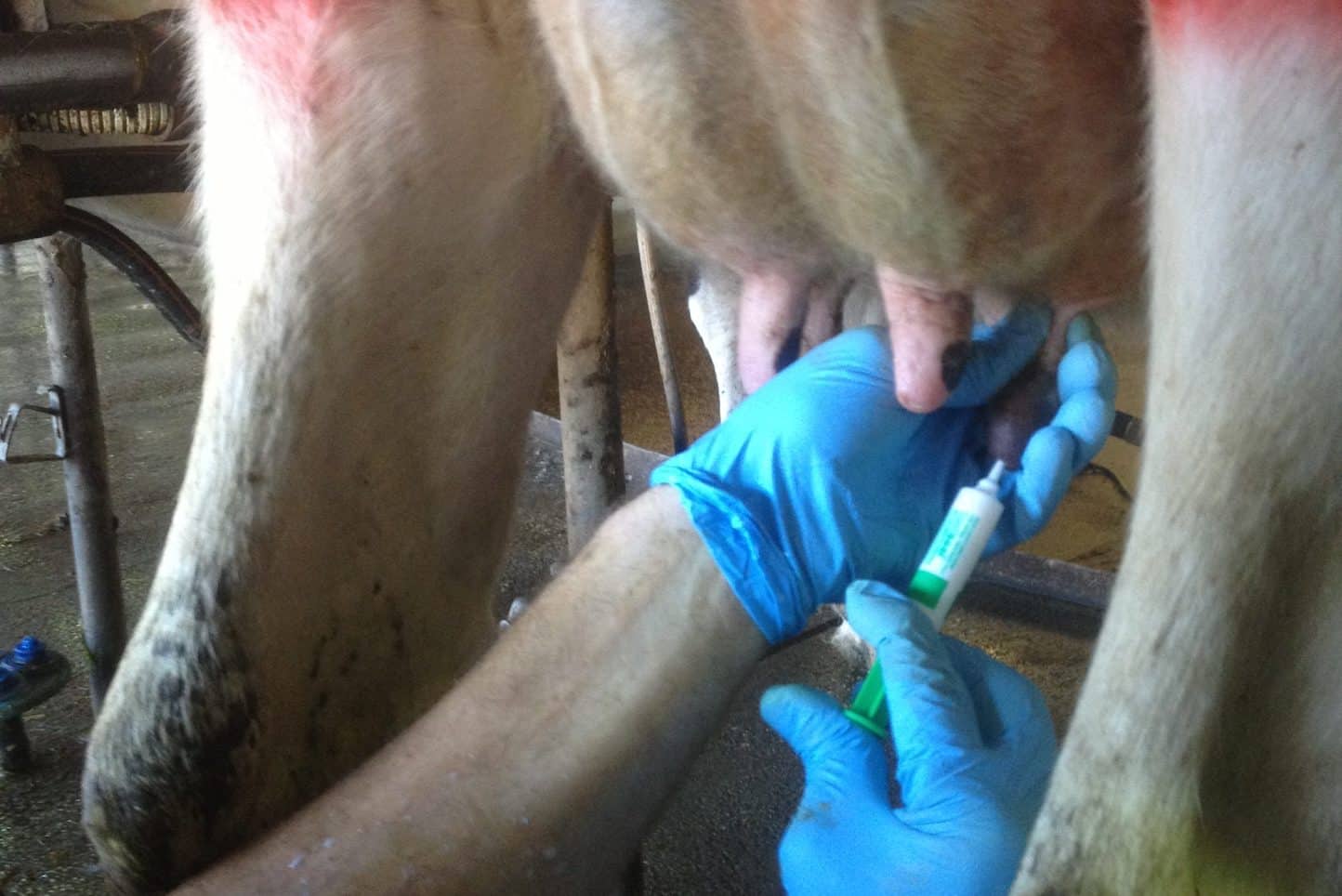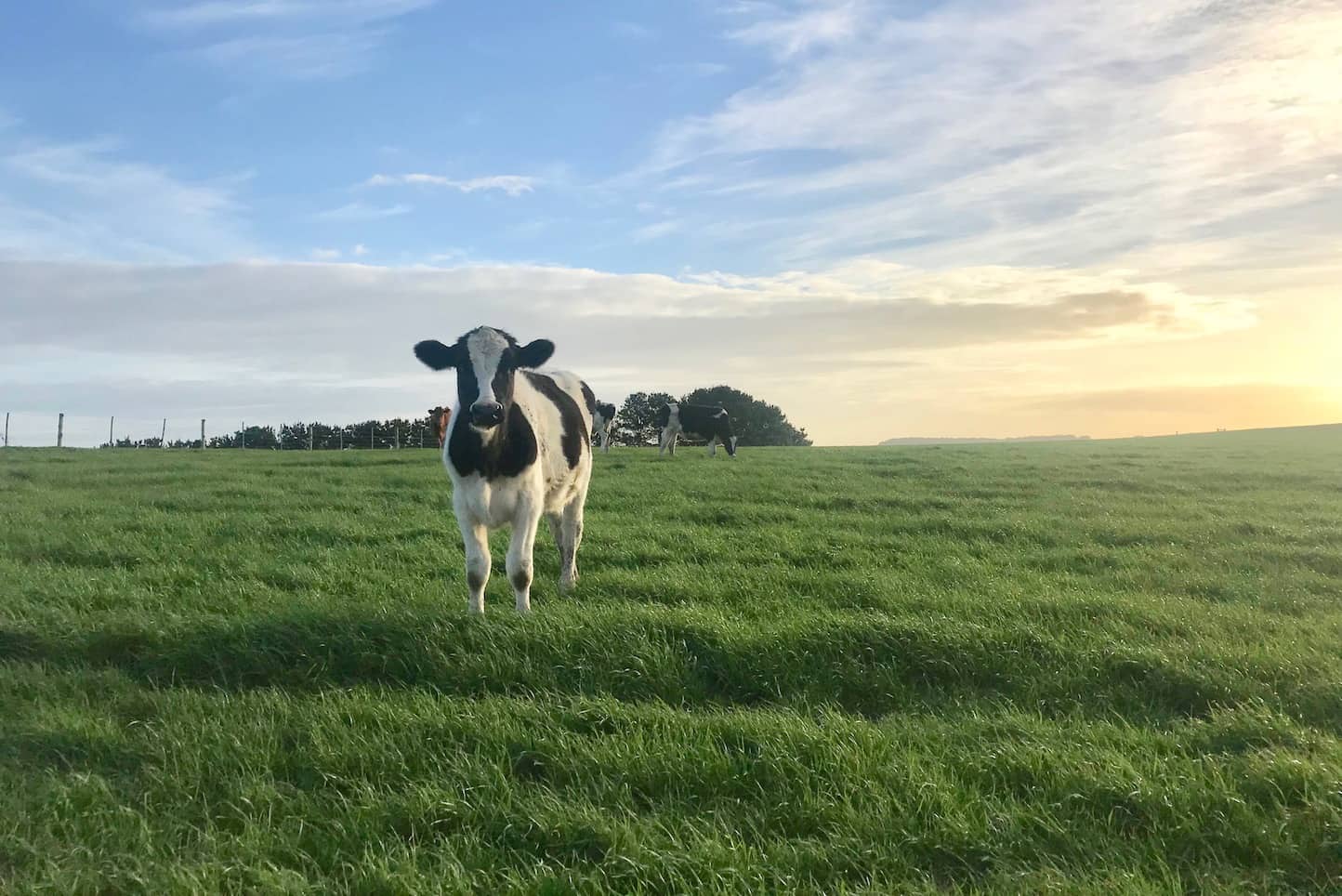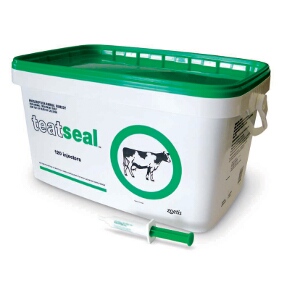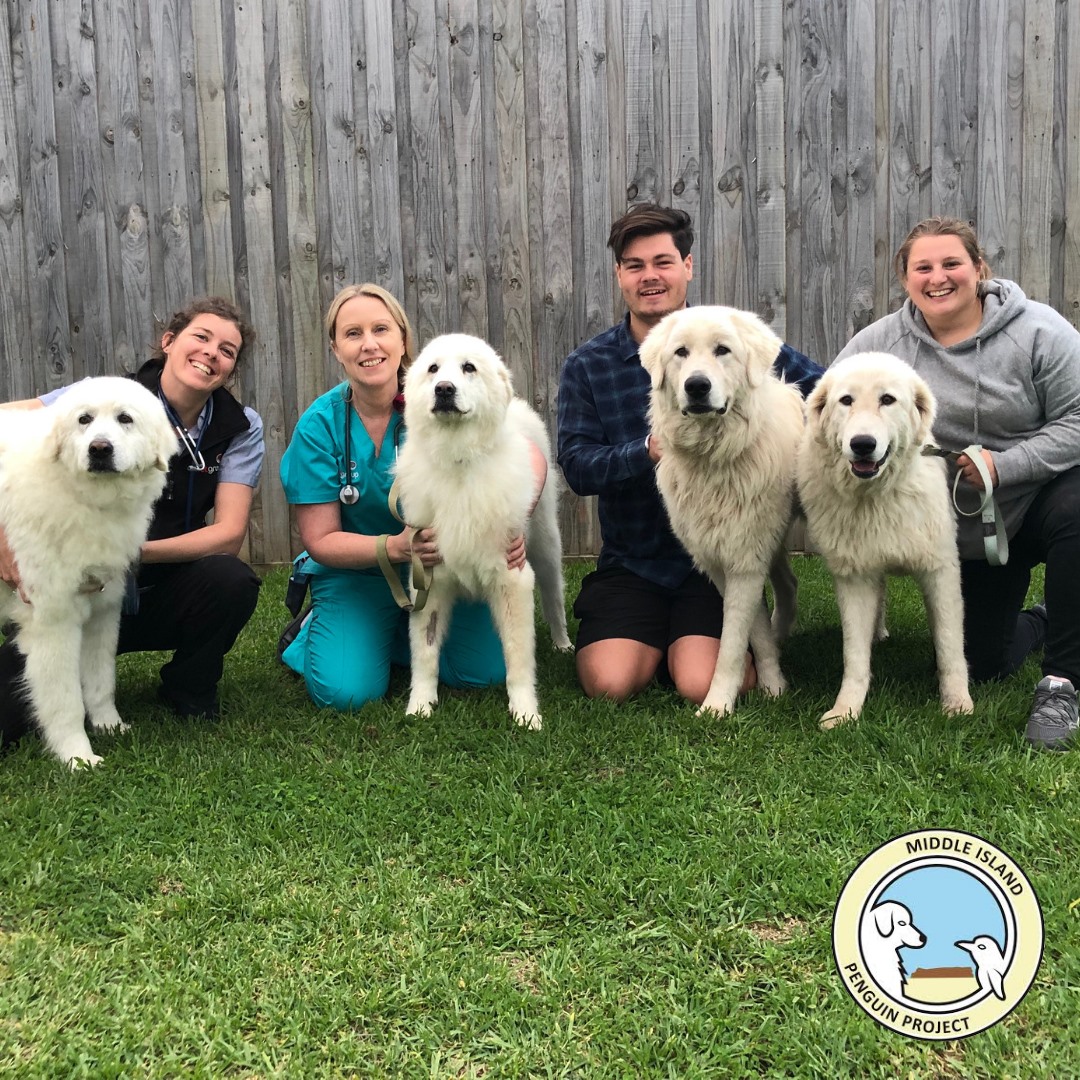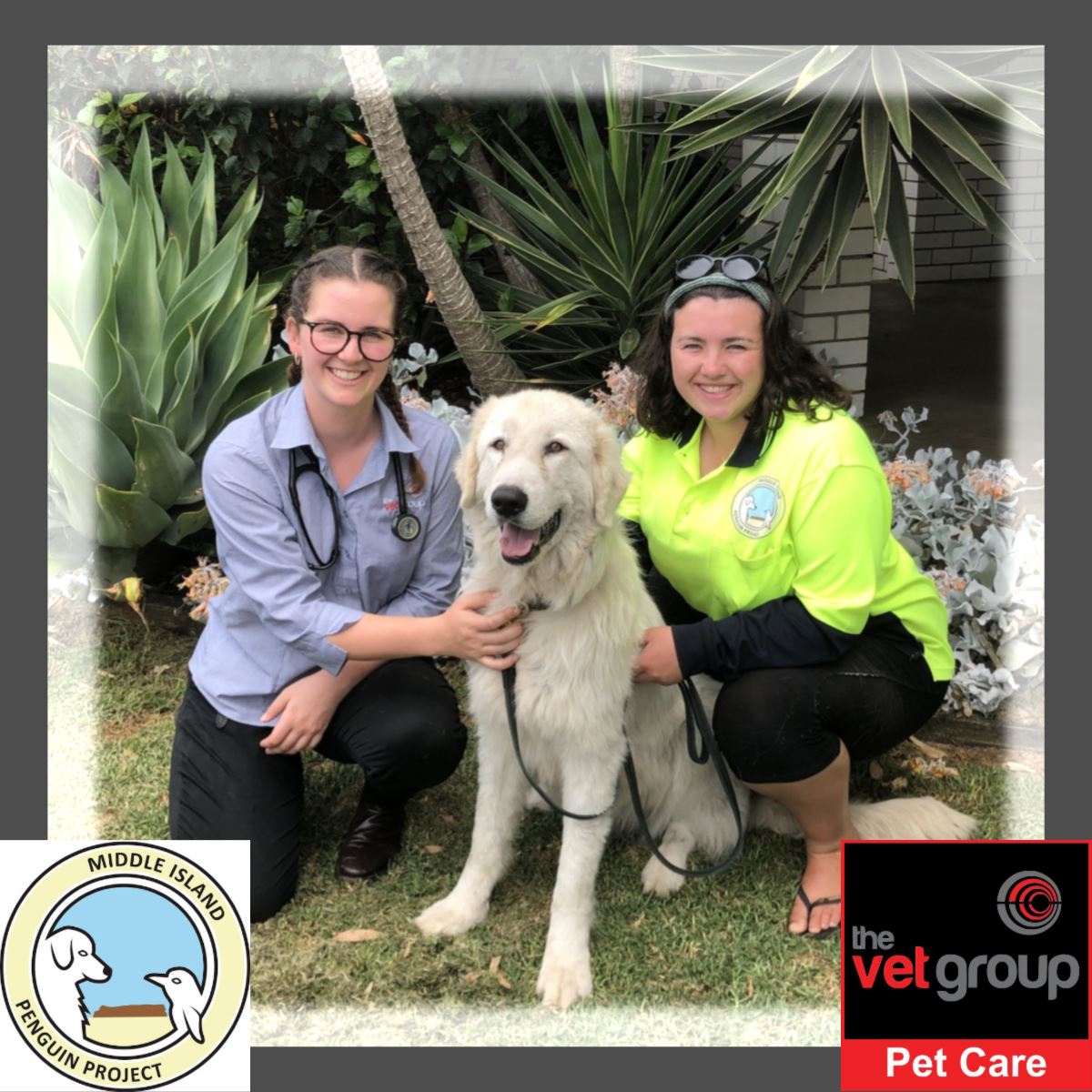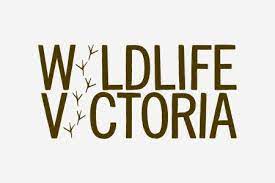Companion Animals Pet Care
Dog VaccinationsDog Vaccinations
There are a number of serious infectious diseases that can be fatal to dogs, even with treatment. Fortunately, it is possible to protect against these diseases by having a planned vaccination schedule.
More Information
In dogs, the diseases that are routinely vaccinated against are:
Parvovirus: A highly contagious viral disease that causes vomiting and bloody diarrhoea. Prolonged intensive care is required for affected dogs. Unfortunately, parvovirus can be fatal.
Distemper: Signs may include eye and nasal discharge, coughing, vomiting and diarrhoea, progressing to brain involvement causing seizures. Permanent nervous system damage and death may result.
Infectious Canine Hepatitis: Symptoms may include vomiting, diarrhoea, abdominal pain and liver failure. Often fatal.
Canine Cough (CC): Also known as kennel cough, canine cough is primarily caused by two organisms, Bordatella bronchiseptica (a bacteria) and Canine Parainfluenza Virus. Many other viruses (for example Canine Adenovirus) and bacteria may also be involved. Canine cough is highly infectious and is often spread amongst dogs in close contact, for example at the park, dog shows and kennels. Symptoms include a harsh hacking cough. Severely affected dogs may have a fever, lethargy and reduced appetite.
Vaccination schedule
Historically vaccinations for all diseases have been repeated annually. Advancements in vaccine research have led to the registration of triennial vaccines for some of the diseases. Your dog will be assessed at their annual checkup and given the appropriate vaccine for that year. This assures your dog will not be over-vaccinated but still fully protected.
Recommended vaccination schedule depending on the age of your dog:
|
Age |
Vaccination |
|
6-8 weeks |
C3 |
|
10-12 weeks |
C5 |
|
16 weeks |
C3 |
|
1 year |
C5 |
Note: this schedule may change depending on your dog’s circumstances. Two weeks after your puppy’s C5 vaccination, your puppy can go outside and socialise with other dogs who are healthy and up to date with their vaccinations. It pays to be careful in taking your puppy to high-risk environments (for example dog parks) until after their final 16-week vaccination.
Note: This advice is general in nature and is not a substitute for a discussion with your veterinarian.
Vaccination types
There are many vaccinations on the market that have advantages and disadvantages, including the length of protection and number of treatments required. At The Vet Group we have selected those products that are convenient, cost-effective and that provide the best level of protection for your pet.
C3 vaccination: Protects against parvovirus, distemper and hepatitis.
CC vaccination: Protects against the components of canine cough (Bordetella bronchiseptica and Parainfluenza virus).
C5 vaccination: Is a combination of C3 + CC and is the minimum requirement for most boarding kennels. We strongly recommend a C5 vaccination for all dogs due to the frequency that we see dogs with canine cough in this area.

